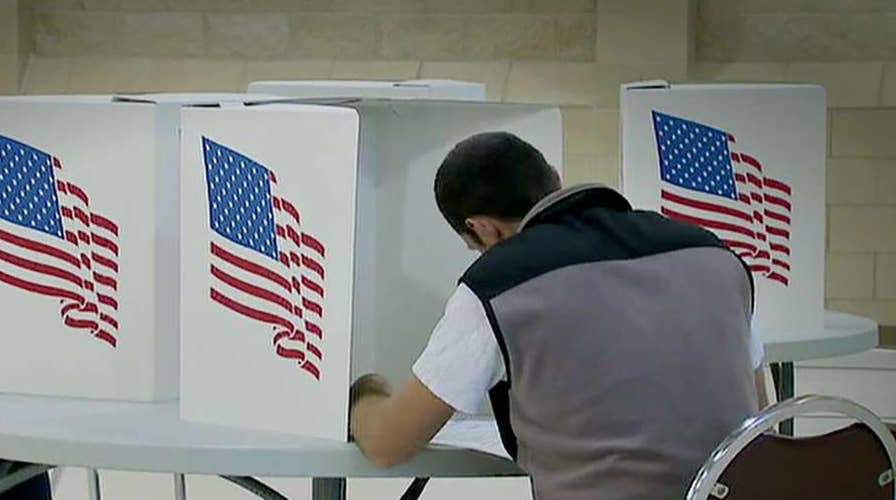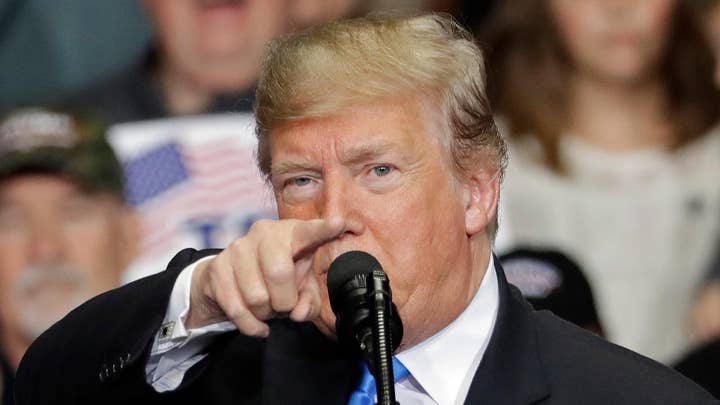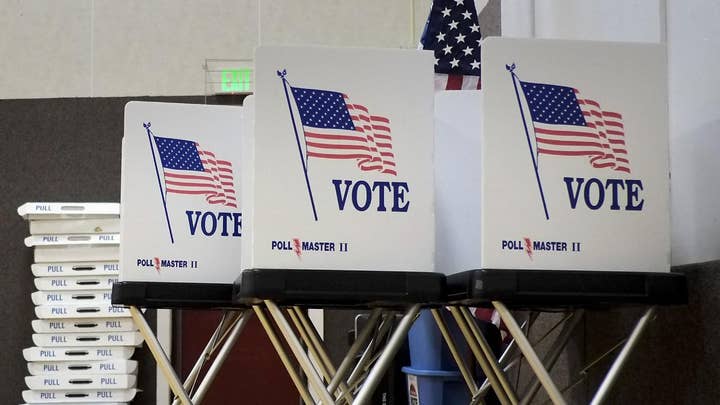Voters in 38 states consider ballot measures
New debate over the process for voters to decide hot button issues. Douglas Kennedy has the story.
For many Americans, Election Day will involve more than just voting for representatives in Congress. Some 38 states this November will offer some form of direct democracy -- generally speaking, the initiative and referendum system, under which citizens can vote for a specific rule, if enough registered voters have signed petitions to put the question on the ballot.
The idea has actually been around from the beginning -- Georgia's constitution in 1777 allowed for initiatives. The modern initiative and referendum system began in Oregon in 1902, and has since been adopted, in one fashion or another, by numerous states.
As common as it is, many are concerned about the system, feeling that citizens' votes are, in essence, being bought by the wealthy. One such citizen is David Trahan, a political activist and former state legislator in Maine. Formerly, he supported dozens of measures on the Maine ballot, but he has now changed his mind about referendums. He says he's seen how the money flows, and doesn't like it.
"They pour their money into a little state like Maine and these billionaires can buy a law," Trahen said. He believes outside groups with money deform a system that's supposed to be the direct voice of the people.
Good or bad, there's no denying a lot of hot button issues are being determined by initiative. For instance, this November:
- Alabama, Oregon and West Virginia will vote on abortion rights.
- Idaho, Nebraska and Utah will vote on health care policies.
- Colorado, Michigan, Missouri, Ohio and Utah will vote on gerrymandering rules.
Other issues in which the voters will have their say include tax policy and energy policy. All in all, there will be over 160 ballot measures considered by various states.
But, if people like Trahan are concerned the system has been hijacked by money, others see it as part of the rough and tumble of politics, not to mention a chance for the public to be heard.
There's Paul Jacob, for instance, who's a long-time supporter of the ballot measure process. He's worked on over 100 initiative and referendum campaigns across the country. As he puts it, "what better way ...than to let the people vote directly on the issues at hand?"
CLICK FOR COMPLETE FOX NEWS MIDTERMS COVERAGE
Jacob admits money -- sometimes outside money -- comes into play, but adds that money is already part of politics, so better to give the power to the people and not just the politicians.
For Trahan, this won't do.
"Direct democracy," he maintains, "is Maine people passing laws that govern Maine people."
Jacob believes that "people who don't like direct democracy don't want the people to be in charge."















































